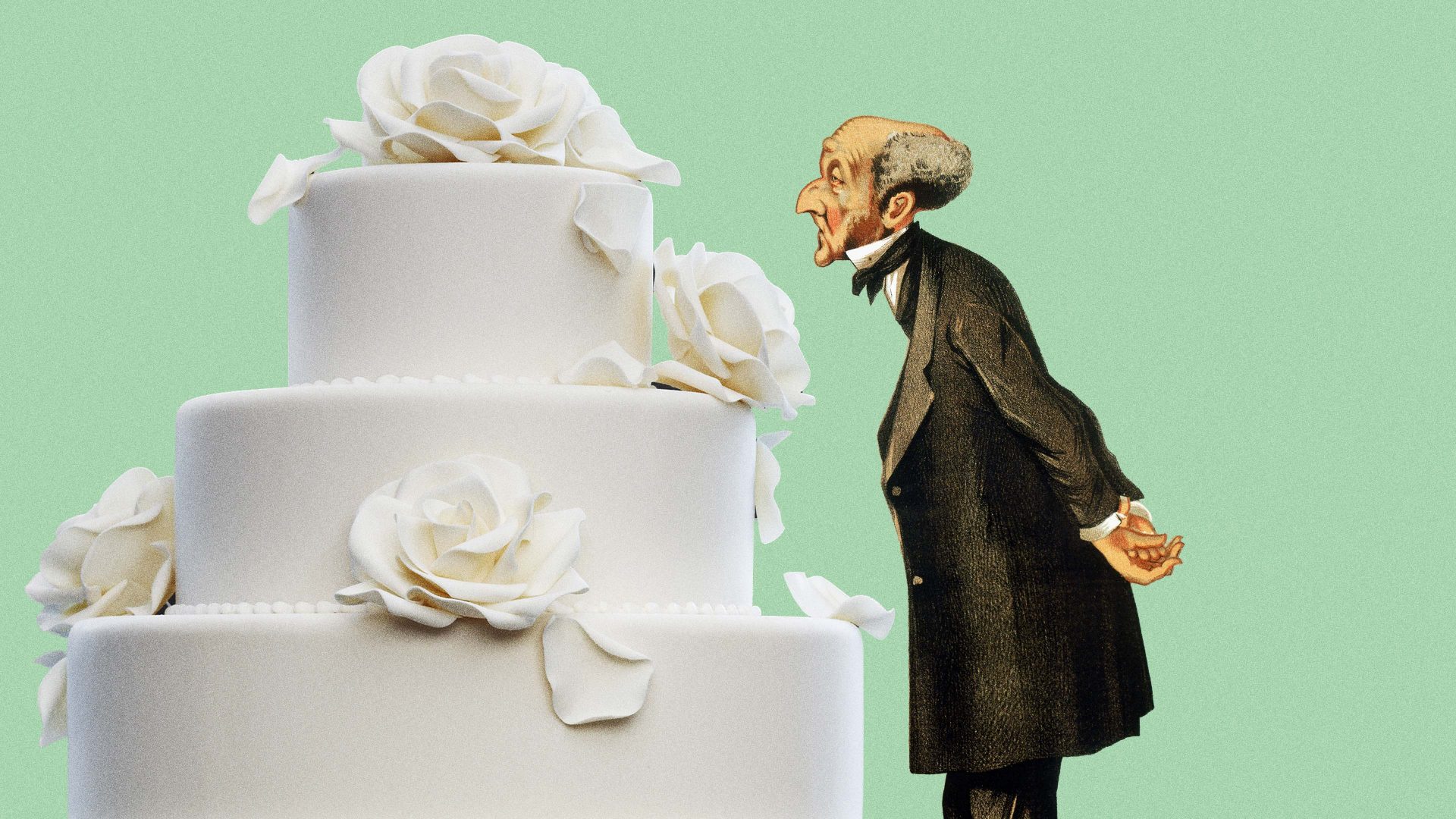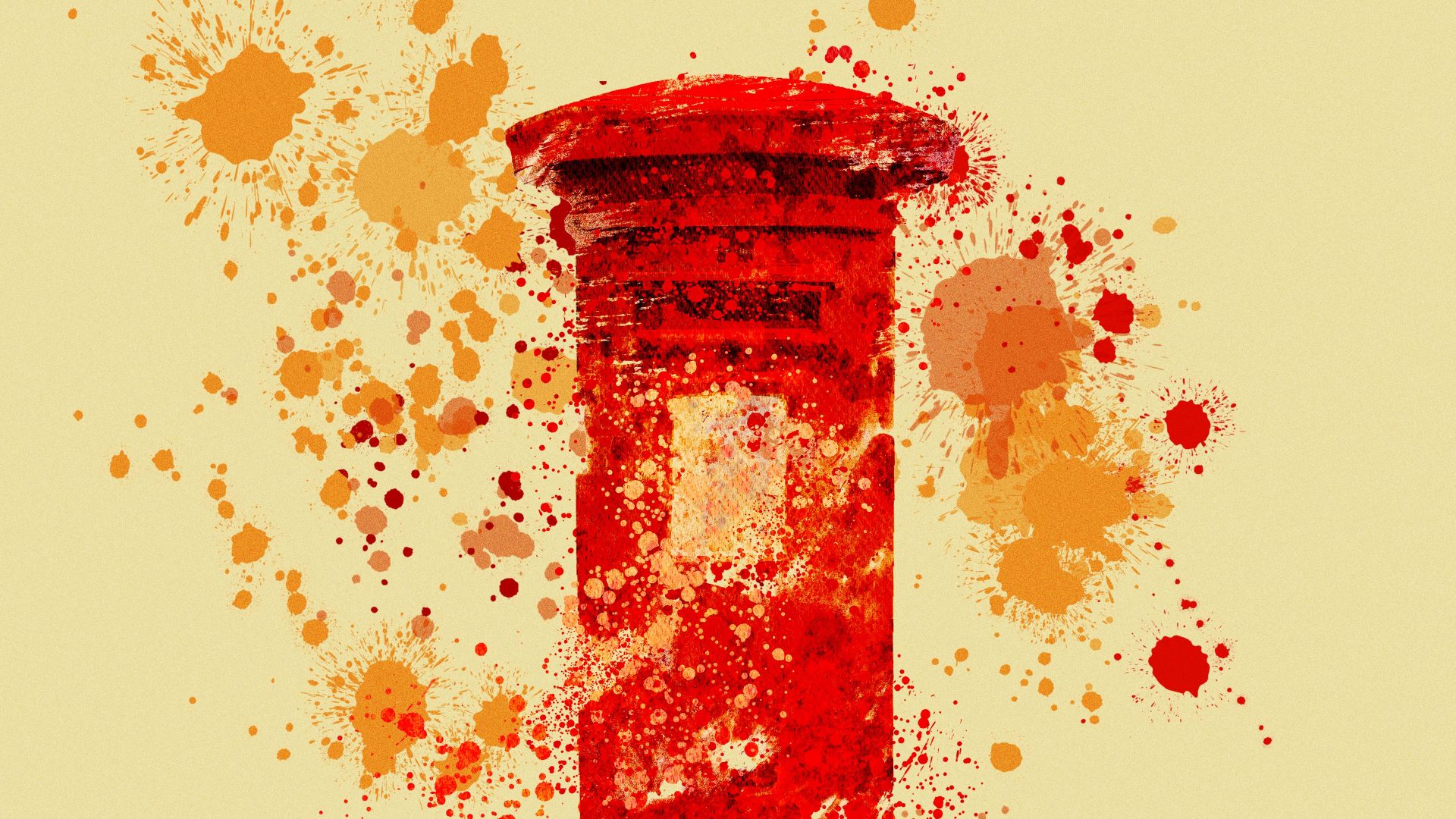On February 29th women can propose to men. That’s a tradition that originated in Ireland when Saint Brigid allegedly struck a deal with Saint Patrick to get over the problem of men who were slow to commit. It couldn’t have looked like a great concession even then since it gave just one day out of 1,461 when women could seize the initiative. Now it looks like a sexist custom that we should ditch since obviously women should be free to propose to men (or indeed to women or to non-binary people) 365 days a year – or 366 days every leap year.
Gender equality is improving, but globally the situation is grim for many women who are in socially condoned exploitative relationships. Playing along with any practice that implies women should have fewer opportunities than men is a very bad idea.
The philosopher John Stuart Mill was prescient on this. He first wrote about the unequal treatment of men and women in 1824 when he was only 18 and returned to the topic in later life with his short book The Subjection of Women (finished in 1861 but published in 1869). Mary Wollstonecraft, author of A Vindication of the Rights of Woman (1792) was one of his influences, as later was Harriet Taylor, whom he eventually married.
Mill wrote The Subjection of Women at a time when married women in England were legally chattels (possessions of their husbands) with very limited control over their private, professional and financial lives, when rape within marriage wasn’t recognised (a situation that persisted until 1991), and divorce initiated by women nearly impossible. Mill’s book was a radical intervention. He likened the condition of women to that of enslaved people: declaring marriage “the primitive state of slavery lasting on”. Women needed emancipation: “… the legal subordination of one sex to the other”, he wrote “is wrong in itself, and now one of the chief hindrances to human improvement”.
In place of the unequal marriage traditions of his day, Mill proposed “a principle of perfect equality”. To realise this admirable vision required major changes to the law and giving women equal rights. But it also meant changing social norms.
For Mill, the perfect marriage was a respectful friendship between equals. There is a strong autobiographical element here, as this seems to have been the type of relationship that he eventually achieved when he married Taylor in 1851 two years after her husband’s death. They had been intimate friends, and perhaps lovers, for decades. Mill wrote effusively in his autobiography about her intellectual contribution to his books: “when two persons have their thoughts and speculations completely in common it is of little consequence, in respect of the question of originality, which of them holds the pen.”
Many people today would at least pay lip service to Mill’s ideal of perfect equality, whether in same or different sex marriages. Some feminists, however, reject marriage altogether as an essentially patriarchal institution. Heterosexual marriage still facilitates the exploitation of women and preserves vestiges of its oppressive origins, they think, and so should be avoided. Some queer critics reject same sex marriage, believing it reinforces heterosexist norms.
Clare Chambers, professor of political philosophy at Cambridge University, builds on feminist and queer critiques of marriage, but takes a rather different stance. In her book Against Marriage: An Egalitarian Defence of the Marriage-Free State, she argues that marriage shouldn’t be the state-recognised institution that it is today. She points out that many of the symbolic aspects of historic subordination are still present in marriage, despite the far greater levels of equality between partners than existed for previous generations.
Some of these are built into traditional wedding ceremonies in which, for example, the father gives away the bride who wears a white dress to symbolise her virginity. But her core arguments focus on how the state’s privileging of marriage over other ways of living, what she calls “the marriage regime”, ignores the diverse ways that people organise their lives. It ends up treating people who are unmarried, or in other sorts of more complex relationships, differently, and that’s unfair.
In place of the marriage regime, Chambers wants piecemeal legislation that will protect people who might be vulnerable in any of a variety of forms of relationship. She would still permit marriage for those who want it but believes it should be just one among many forms of partnership or other arrangements regulated by the state. That, she argues, is what equality demands.



